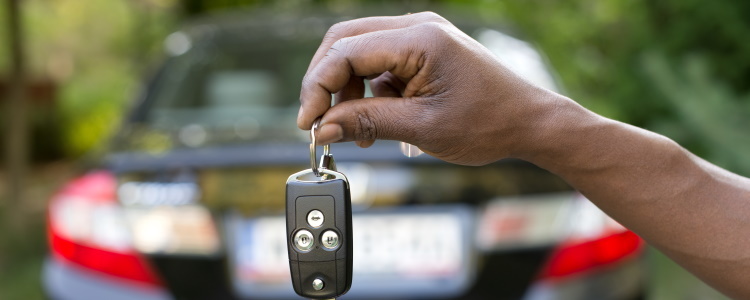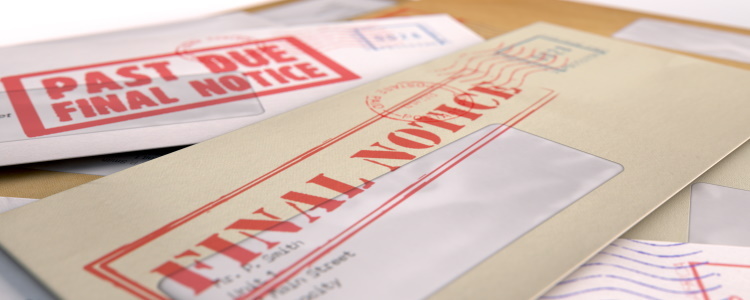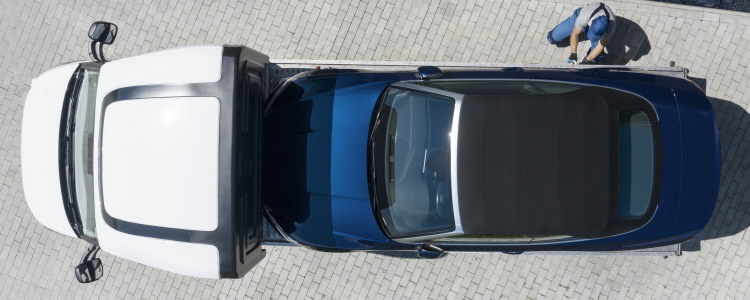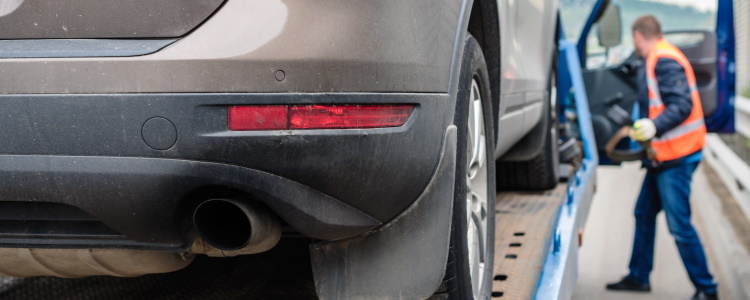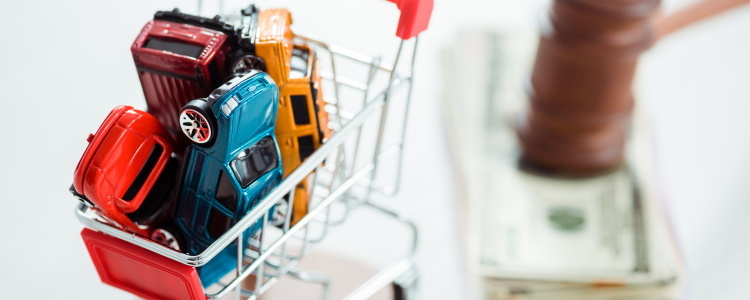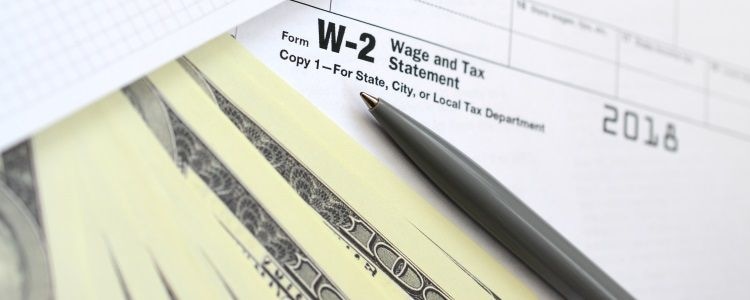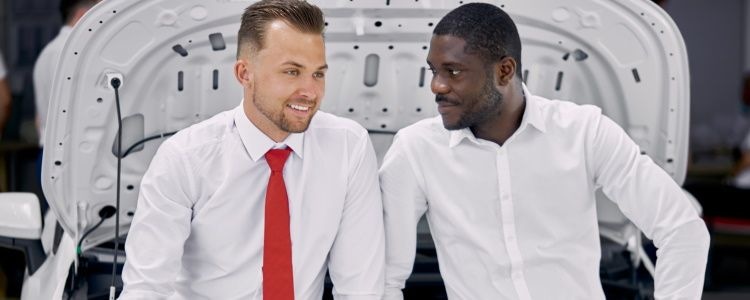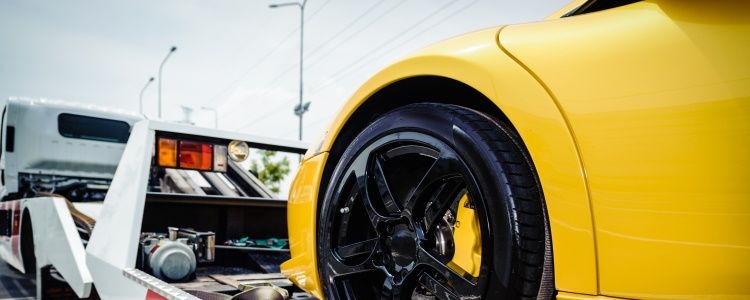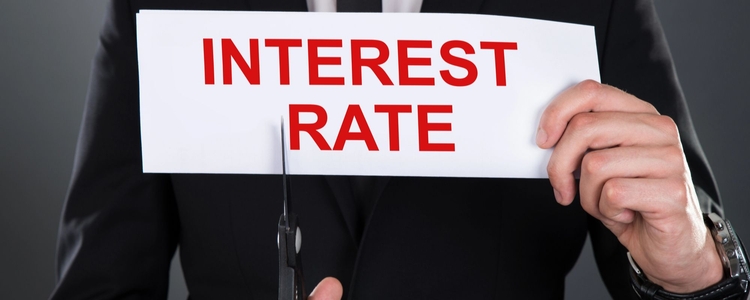It’s very possible to owe your lender money after a repossession. While the vehicle is gone, you may have some unfinished business to attend to – a deficiency balance.

Do I Still Owe My Auto Lender After Repossession?
What You May Owe After Repossession
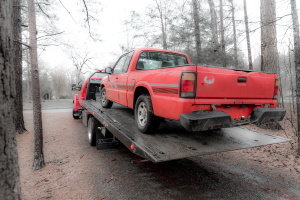 Just because the lender took the vehicle doesn’t mean that you’re done with the loan. In fact, you’re still obligated to pay the lender what you owe, but maybe not all of it. Anything leftover after a repossession is called a deficiency balance.
Just because the lender took the vehicle doesn’t mean that you’re done with the loan. In fact, you’re still obligated to pay the lender what you owe, but maybe not all of it. Anything leftover after a repossession is called a deficiency balance.
In a nutshell, it’s the amount that remains unpaid after the lender takes the car back and sells it to recover some or all of the loan balance.
Once a car is repossessed, it’s usually prepared for auction. After a repo, the lender must inform you of the time and place the auction is set for. You’re entitled to attend the sale and bid on the vehicle, according to the legal site Nolo.com.
If it’s sold to someone else, the proceeds are put toward your remaining auto loan balance. Anything that isn’t paid off is up to you to cover. If your vehicle doesn’t sell at auction, it’s your responsibility to pay off any loan balance plus any additional fees incurred during repossession.
In addition to a deficiency balance, there are typically other fees included in the repo process. This usually includes the fee to pay the recovery company to tow the vehicle away, and storage fees accumulated while the car was in storage waiting for auction. The lender doesn’t pay these – it's on you to cover them.
If you end up with a deficiency balance, the lender notifies you of the total amount you owe.
Can I Negotiate a Deficiency Balance?
Many borrowers become unable to repay their car loan due to job loss or other financial hardships, which lead to repossession, but it usually also means that they’re unable to pay the lender the deficiency balance.
However, you may be able to work something out with your lender in some cases.
Lenders may be willing to negotiate with you, but they’re not obligated to do so. A lender may be willing to set up a repayment plan or offer you the option to only pay a percentage of the deficiency balance. It largely depends on how soon you contact your lender and the language in your loan agreement as to what options are available after a repo.
If you’re unable to come to an agreement with your lender and don’t pay the deficiency balance, the account may be sent to a collection agency and they then try to collect the balance. Legal action from the lender is a possibility, as well, if the balance isn’t paid promptly. It’s wise to stay in contact with your lender even after the repossession to avoid further hassle for yourself, and to know where you stand after your vehicle is repossessed.
What’s Next After Repossession?
Once the repossession is done – car towed away, auctioned, and deficiency balance paid – where does that leave you?
First, you may be left without a vehicle, which can be devastating. Second, your credit score may be worse for wear. Repossession can damage your credit score significantly, and the mark remains for up to seven years. The missed or late payments that may have led to the repo also remain on your credit reports for up to seven years. However, these negative marks lose some of their effect over time.
If you’re on the hunt for another car immediately after repo, you may have to look at in-house financing dealerships. Most traditional and subprime lenders can't work with borrowers who have a vehicle repossession less than 12 months old. In-house financing may not require a credit check, though.
In-house financing is done through buy here pay here (BHPH) dealerships, or tote the note used car lots. These dealers are also the lender, so all the car shopping and financing is done at once place. Often, you can choose a vehicle and finalize all financing so you can drive off the lot in your car the same day. Some BHPH dealers typically skip the credit pull, only asking you to provide proof of income, residency, identity, and typically require a down payment of around 20% of the car's selling price.
Credit Repair After Repo
As we mentioned, a vehicle repossession can remain on your credit reports for up to seven years. It’s not ideal, but credit reports and scores do heal over time. One of the better ways to bounce back after a repossession is staying on top of your existing credit and bills to avoid future damage.
Your payment history is the single most important factor in your credit score – 35%. While it’s fair to assume that not everything you pay is reported to the credit bureaus, there’s always a possibility that a missed payment on a utility bill could be reported and harm your credit score.
And if you have a good payment history with your other bills, including streaming services, utilities, rent, or your phone, then it may be worth looking into credit reporting services such as Experian Boost. This service may be able to boost your credit score by getting accounts that aren't automatically reported listed on your credit. The more accounts you have listed with positive payment history, the better.
Get Back on the Road With Some Help
Finding bad credit auto loan resources can be a hassle, but we want to help at Auto Credit Express. We’ve been connecting bad credit borrowers to special finance dealerships for the last two decades and we want to help you, too.
Get started by completing our free auto loan request form, and we’ll look for a dealer in your area.

Senior Auto Financing Editor
Suggested Posts For You
Receive Free Updates
Get the latest credit tips, resources and advice delivered straight to your inbox.
